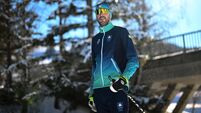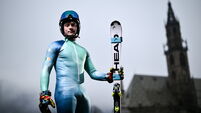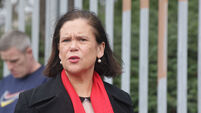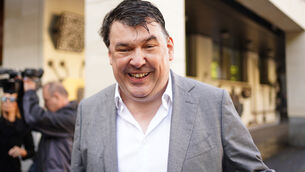Clodagh Finn: We need a true Olympian effort to give the arts the support it needs
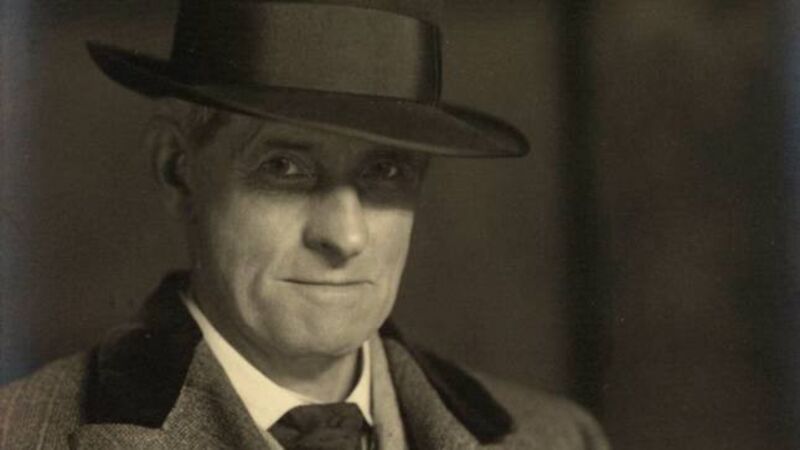
Painter Jack B Yeats won the first Olympic medal for the Irish Free State when he was awarded silver for art in the 1924 Games in Paris.
The timing has the precision of an Olympic event.
Just as the Paralympics draws to a close this weekend, the baton will pass to another Irish Olympian, who will shine at the National Gallery of Ireland, where the biggest collection of his work in 50 years goes on display.






